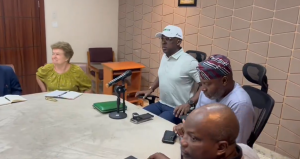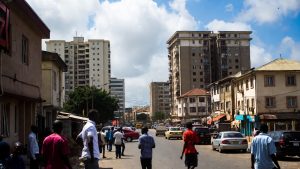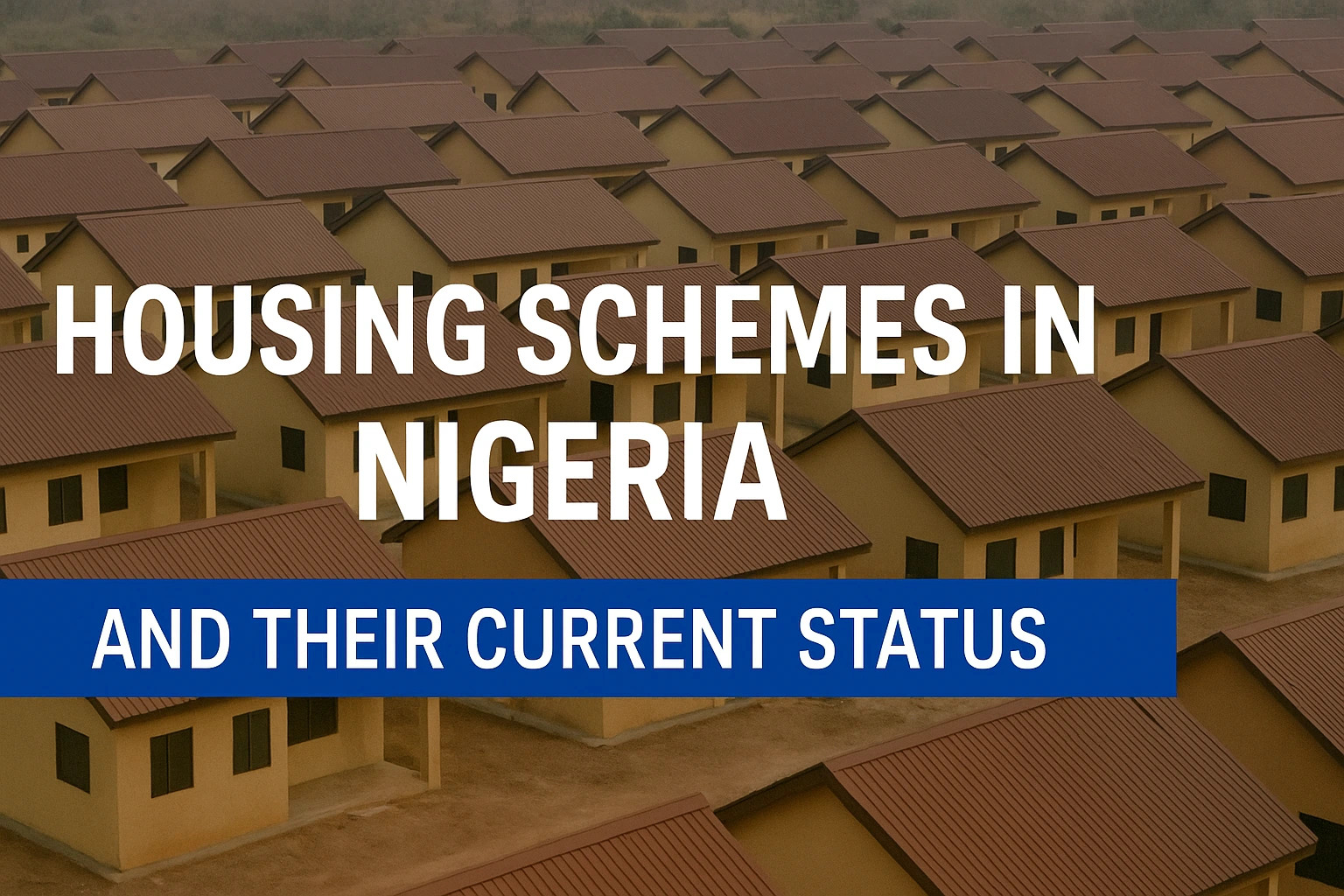“Bora” and Beyond: A Complex Mosaic of Money, Respect, and Gendered Land Access
By: Bankolay Theodore Turay-PhD Candidate
In the northwest of Sierra Leone, customary land access hinges on “Bora” – a system tied to respect and social obligations, not formal ownership. ‘’Bora,’’ a social obligation system in Sierra Leone, is crucial for rural women’s livelihoods but their land rights remain precarious. ’’Bora’’ payment is a small token strangers and women from non-land-owning families give to the community or landowner related to accessing land for farming, building a house, using natural resources, or other purposes, usually a basket of rice or a few chickens, allowing them to use a piece of land to grow food for their families.
The emergence of ‘’respect money,’’ a cash payment replacing traditional obligations, challenges and reinforces gendered inequalities in land access. Bora is not a rent but a symbolic gesture to recognize land users’ non-ownership. Cash payments are becoming more common, altering traditional power structures and gender roles related to land. The system has social implications, including erosion of communal values and increased risk of land dispossession. The question remains whether “respect money” presents an opportunity for women’s agency or contributes to their further marginalization within land governance in the Northwest of Sierra Leone.
Moreover, locally, a stranger, somebody from far away and women from non-landowning families regardless of the length of stay may obtain land for farming by “begging” from the heads of their host families. This usually involves payment of a small annual royalty, known locally as ‘’Bora’’. Bora is not rent, per se, paid to the landowners for the use of their land. Rather, it is perceived as a token symbolic gesture in recognition of the fact that the land user does not own it. This practice is intended to forestall future claims to the land. Usually, ‘’Bora’’ is paid in specified amounts of produce obtained from the land cultivated by the land user. Increasingly, however, it is paid in cash. Depending on the land size requested and the demand during the dry season, this amount will vary.
In Mabolleh village, Ya Bomposseh 50yrs old has been without land to do farming even though ‘’Bora’’ was paid more than 20 years ago ‘’My mother was born here. Both my parents are dead. I was born in this community and my father gave my hand in marriage. I am the oldest of all my uncles’ children. I do not have a husband, a mother, or a father. I run a small business to support myself. I am not respected, I am not consulted on anything related to land. In a family of 40 children, I am the oldest grandchild. They have done a lot of things with the land but I’m not consulted. I have 12 grandchildren now. I have to beg for land from the smallest child in the family. Even though my mother paid ”Bora” for land before she died, they have not given me the land that was promised to my mother.
I was told when I was ready, but since then, I have had no access to the land from my mother and she had paid ”Bora” for it. Since their sister left us, up to date they have not given me land. Whenever I need to access land for any other purpose, I must beg them with Bora. My family members have mocked me in this community. Only a few of them provide for me and support me. I have no security, no support and no protection from anybody. Even if I have a case, I will end up in jail or worse’’.
Sierra Leone has made significant progress in terms of women’s rights, gender equality and women’s empowerment over the last two decades. The government’s interventions, such as the Gender Equality and Women’s Empowerment (GEWE) Act of 2022 and the Customary Land Act of 2022 seek to improve women’s access to resources, ensure gender equality and joint registration of land ownership between married couples and increased representation in politics, government and community decision-making. However, gender equality in land access is crucial for the empowerment of women, family food security, and economic growth.
Analyzing how “Bora” becomes conditional for women seeking land access is crucial. Women might need to exhibit subservience and unquestioning obedience to male authority figures, effectively trading financial respect for their fundamental land rights. This reinforces the concept of women’s land access as a privilege granted rather than a fundamental right. The ongoing debates about gender, land rights, and the evolving nature of customary practices in the face of economic and social transformations should motivate policymakers and development practitioners to look beyond mere monetization and advocate for solutions that truly empower rural women in land ownership and management.







